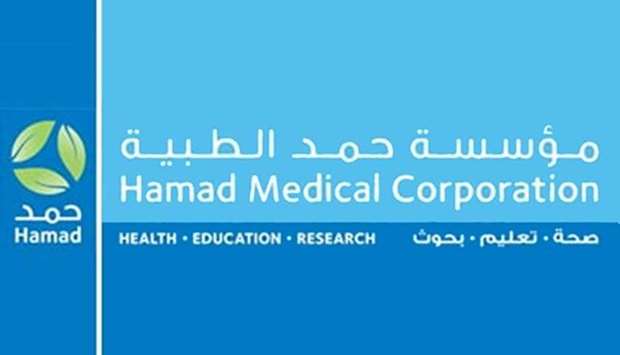Hamad Medical Corporation (HMC) is raising awareness about the dangers of sepsis and promoting the importance of early detection and treatment, among both staff and members of the public, as World Sepsis Day is recognised annually on September 13.
Sepsis is a serious illness, which results from an infection that alters the body’s normal response, causing injury to tissue and organs. Once contracted, sepsis and septic shock can quickly lead to the failure of organs, including the lungs, kidneys and liver.
According to World Health Organisation statistics, every year around 30mn people die of sepsis across the world.
HMC’s director of the Medical Critical Care Division and chair of the Sepsis Steering Committee, Dr Ibrahim Fawzy Hassan, explained that some people have a higher risk of developing sepsis than others.
“Anyone can develop sepsis, whether at home or in hospital, but some people are more at risk, especially if they have a compromised immune system; for instance babies, elderly people, patients with chronic diseases and those who are on immunosuppressive medication,” said Dr Fawzy.
“The best way to help prevent sepsis from occurring is through practising good hygiene through hand washing and other infection-prevention practices, having safe water and sanitation, sanitary food preparation and nutrition, and getting proper vaccinations,” added Dr Fawzy.
According to Dr Fawzy, once sepsis is contracted, it is essential that the illness is diagnosed as early as possible and that appropriate antibiotic treatment is administered. He says treatment for severe cases of sepsis must be given within one hour of diagnosis, often referred to as the ‘golden hour’.
Dr Ahmed Labib, senior consultant at the Medical Intensive Care Unit at Hamad General Hospital, said in recent years HMC, in collaboration with international experts, has introduced a sepsis programme to standardise care pathways for patients with suspected sepsis. The programme is currently being piloted across several HMC hospitals.
“There are different schools of thought relating to how best to diagnose sepsis and also when and what treatment to administer to which patient group. We have conducted a lot of research to develop a robust and sustainable, evidence-based programme that is right for our clinical system,” said Dr Labib.
This week, staff at HMC will participate in activities being hosted in recognition of the Ministry of Public Health’s Patient Safety Week. It is a national initiative to raise awareness of patient safety and related concepts among all healthcare providers and the
public.

HMC
